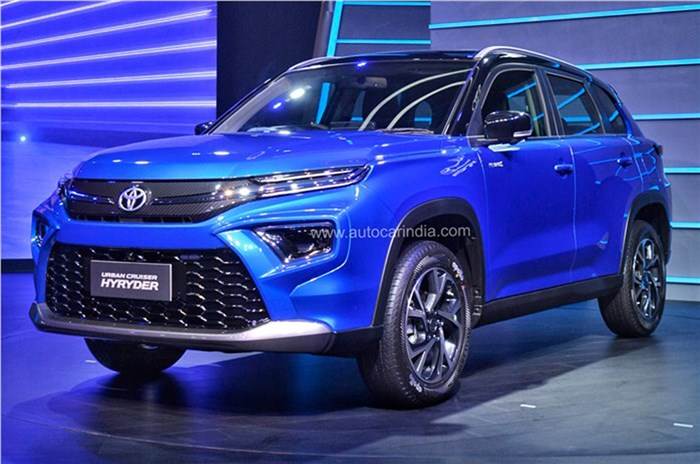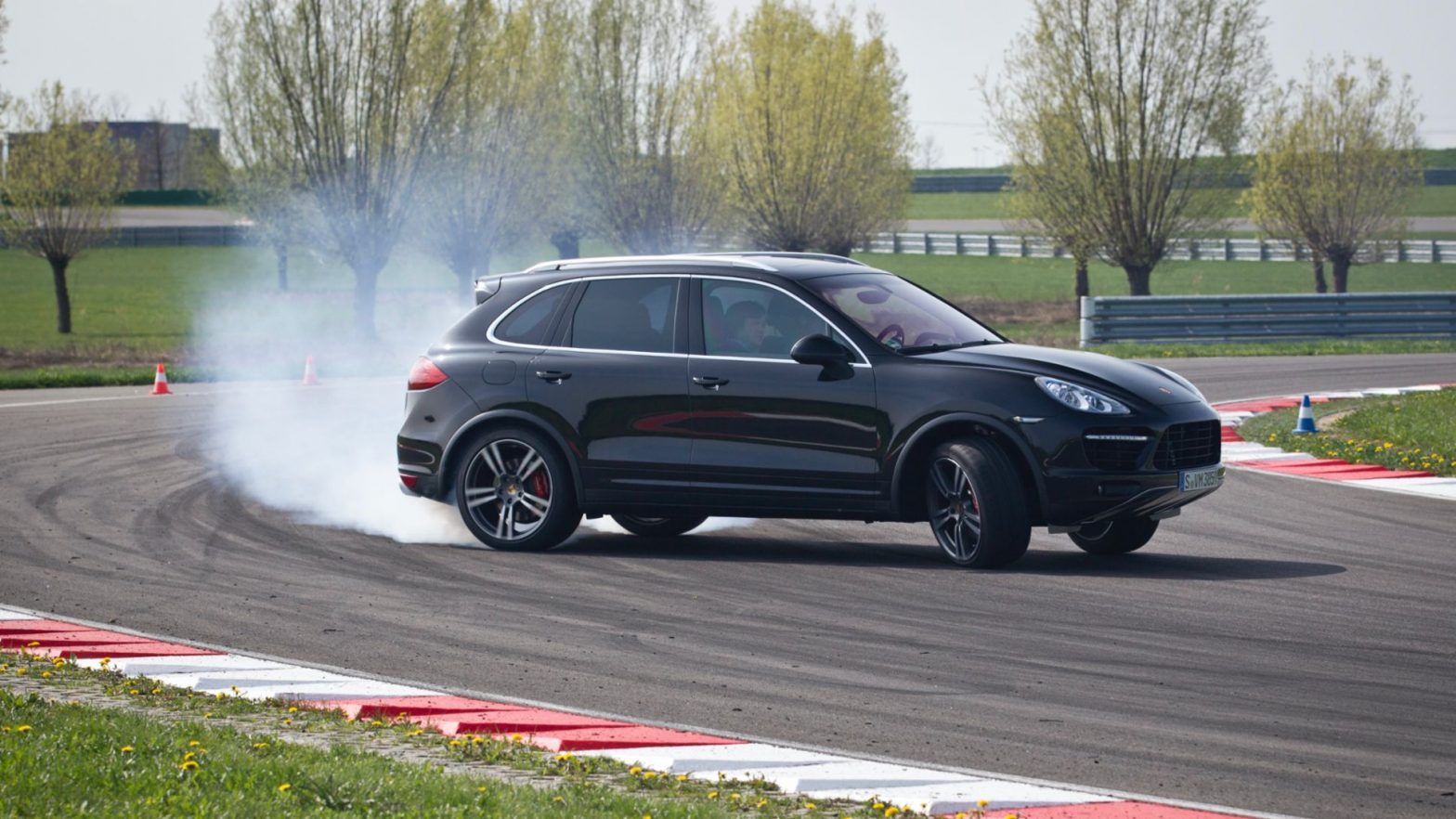Steam Deck owners have a new option for repairs if their device breaks. Valve has opened its own Steam Deck repair centers, which should streamline the process for fixes. The new service should come as welcome news to Steam Deck owners who will now have a simpler way of addressing hardware issues, without hunting for… Continue reading Valve’s Steam Deck repair centers are now open
Tag: Recalls
Chevrolet Bolt EUV review: Bigger is better
The Chevy Bolt has had an interesting history. It beat the Model 3 to market but never came close to the sales numbers of Tesla’s offering. Then a refreshed, larger Bolt EUV arrived that had a serious issue with its LG Chem batteries that caused fires, leading to a massive recall. Long story short, it’s… Continue reading Chevrolet Bolt EUV review: Bigger is better
Toyota India launches Hyryder at Rs 15.11 lakh
Toyota Kirloskar Motor has launched its first midsize SUV, the Hyryder, with prices starting from Rs 15.11 lakh, going up to Rs 18.99 lakh (ex-showroom, Delhi). Toyota has, for now, only announced prices for the top four variants – the stong-hybrid and the mild-hybrid AWD variants. Prices for the remaining mild-hybrid variants will be announced in a… Continue reading Toyota India launches Hyryder at Rs 15.11 lakh
@niche: KTM GROWS THE E-MINI RANGE WITH THE KTM SX-E 3002150
Dear Sir/Madam, Welcome to our Press Center. May we express our pleasure at the fact that you have chosen to use the pool of information regarding our company and its products and services. This information and content is made available by KTM Sportmotorcycle GmbH, Betriebsgebiet Süd, Stallhofner Straße 3, A-5230 Mattighofen, Austria, and we are… Continue reading @niche: KTM GROWS THE E-MINI RANGE WITH THE KTM SX-E 3002150
Cleantechnica: Tesla Model Y Is Safest Automobile In Europe — Euro NCAP 002230
Tesla has long topped the charts in the USA when it comes to detailed breakdowns of NHTSA safety analyses. The Model S became the safest car ever tested years ago, and the Model X, Model 3, and Model Y also found their way to the top tier of the safest cars in the USA. Now… Continue reading Cleantechnica: Tesla Model Y Is Safest Automobile In Europe — Euro NCAP 002230
The best SSDs available now, plus how to choose one
All products recommended by Engadget are selected by our editorial team, independent of our parent company. Some of our stories include affiliate links. If you buy something through one of these links, we may earn an affiliate commission. All prices are correct at the time of publishing. One of the most cost-effective ways to upgrade… Continue reading The best SSDs available now, plus how to choose one
@niche: Xos Names W.W. Williams as Pilot Service Provider002146
LOS ANGELES, Sept. 07, 2022 (GLOBE NEWSWIRE) — Xos, Inc. (NASDAQ: XOS), a leading technology company that provides fleet services, software solutions, and manufactures Class 5 through Class 8 battery-electric commercial vehicles, today announced it has named The W.W. Williams Company (“W.W. Williams”) as a pilot service provider in the state of Arizona. W.W. Williams… Continue reading @niche: Xos Names W.W. Williams as Pilot Service Provider002146
@niche: READY TO #GOADVENTURE: THE EUROPEAN KTM ADVENTURE RALLY GETS A STAR-STUDDED ROLL-OUT THIS YEAR IN FRANCE002146
Dear Sir/Madam, Welcome to our Press Center. May we express our pleasure at the fact that you have chosen to use the pool of information regarding our company and its products and services. This information and content is made available by KTM Sportmotorcycle GmbH, Betriebsgebiet Süd, Stallhofner Straße 3, A-5230 Mattighofen, Austria, and we are… Continue reading @niche: READY TO #GOADVENTURE: THE EUROPEAN KTM ADVENTURE RALLY GETS A STAR-STUDDED ROLL-OUT THIS YEAR IN FRANCE002146
@VW Group: How the Porsche Cayenne became even sportier005702
05/09/2022 Almost as soon as the world premiere of the Cayenne took place, 20 years ago, it was hard to imagine a Porsche product portfolio without it. The delivery figures for the first generation of the SUV even exceeded the expectations of Porsche itself. However, when work on creating its successor began in 2005, the… Continue reading @VW Group: How the Porsche Cayenne became even sportier005702
Detroit auto show 2022 to display new, hard to find vehicles: Here’s what to look for
Whether you’re a frustrated shopper or a car lover eager to see the latest technology and styles, the North American International Auto Show will have plenty for you to see when it opens to the public Sept. 17 at Huntington Place convention center on Detroit’s riverfront. Auto show organizers expect about 30 brands to be… Continue reading Detroit auto show 2022 to display new, hard to find vehicles: Here’s what to look for


